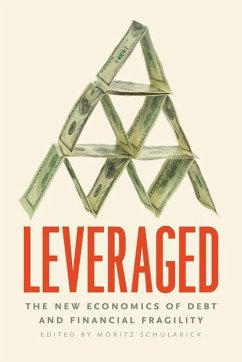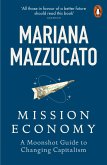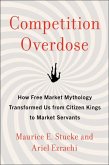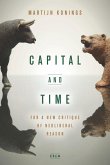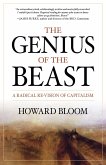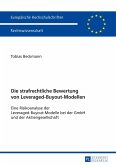"An authoritative guide to the new economics of our crisis-filled century. The 2008 financial crisis was a seismic event that laid bare how financial institutions' instabilities can have devastating effects on societies and economies. For a generation of economists who have risen to prominence since, the event has defined not only how they view financial instability, but financial markets more broadly. With these economists now representing the vanguard of the field and staffing the world's foremost economic institutions, their work constitutes a new canon of economic thought for the field and public policy. Leveraged brings together these vanguard voices to take stock of what we've learned about the costs and causes of financial fragility. Their message: the origins of financial instability in modern economies run deeper than the dry and technical debates around banking regulation, countercyclical capital buffers, or living wills for financial institutions. Financial crises are not black swans; they're a phenomenon endemic to capitalist economies. Over-optimism, neglected crash risks, or "bad beliefs" about risk and returns more generally, have emerged as an important explanation of recurring credit booms that pose such grave financial stability risks. The essays here mark a new starting point for research in financial economics. They provide a road map and a research agenda for the future. The new economics of debt and credit go to places that were off-limits to neoclassical finance before 2008. Today, as we muddle through the effects of a second financial crisis in this young century, Leveraged offers a sober, evolved approach to the economics we are only just discovering"--
Hinweis: Dieser Artikel kann nur an eine deutsche Lieferadresse ausgeliefert werden.
Hinweis: Dieser Artikel kann nur an eine deutsche Lieferadresse ausgeliefert werden.

